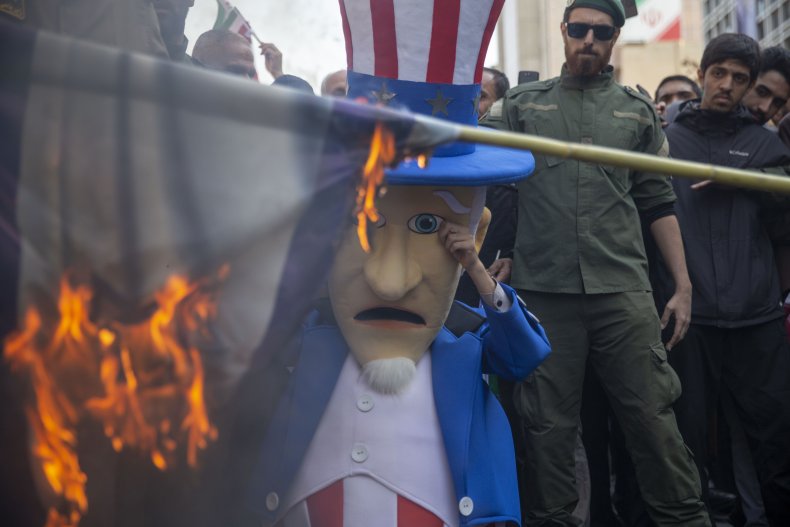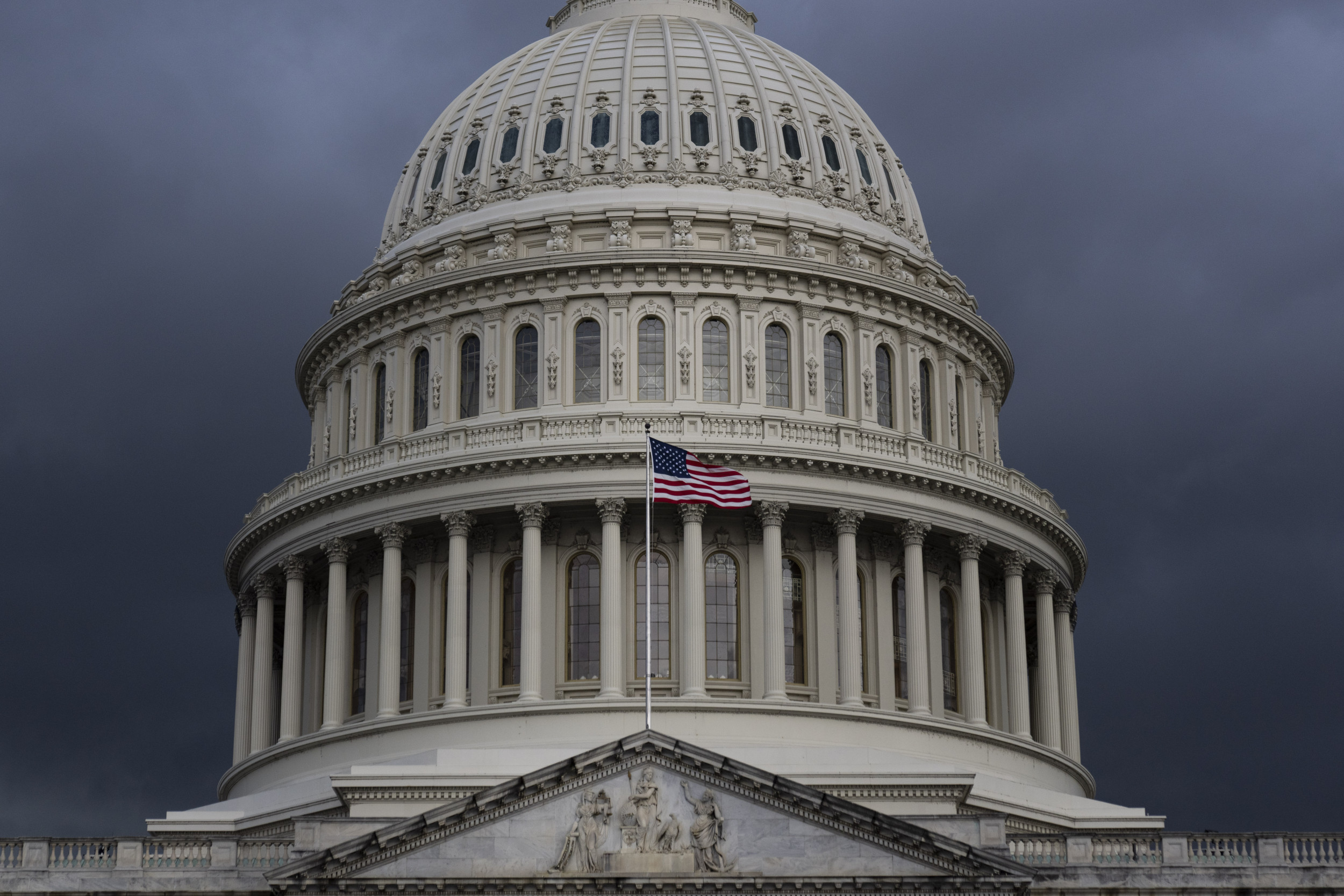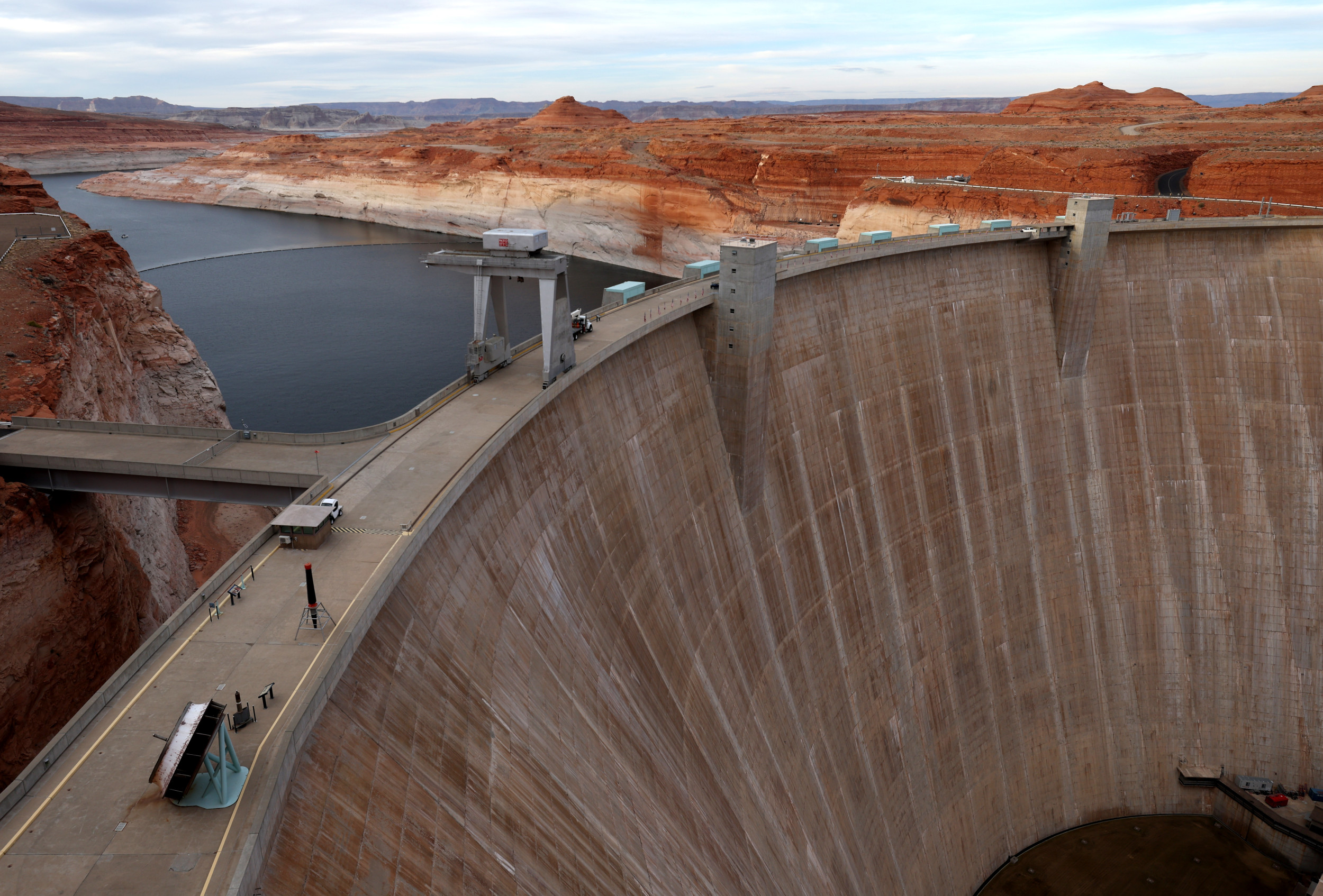No foreign power has "wrongfully detained" more Americans than the Islamic Republic of Iran. Today, at least five American citizens or permanent residents are being held hostage by the Iranian regime. The remains of another hostage, Robert Levinson, are unaccounted for. This, according to Hostage Aid Worldwide, means Iran is responsible for holding nearly one-third of all U.S. citizens and permanent residents who are held hostage abroad. But the cells holding the living victims have been emptied out and the hostages, presently being held under guard in an Iranian hotel, will soon be reborn in freedom.
For the hostages, their families, and those, like me, who understand the horrors they have endured, this is cause for tremendous celebration. They are innocent victims left in large part to fend for themselves. And for regime leaders whose pockets were just stuffed with $6 billion, it is also cause for tremendous celebration. Their gambit paid off. In taking and holding Americans hostage, Tehran secured a ransom equivalent to the combined 2020, 2021, and 2022 annual budgets of the Islamic Revolutionary Guard Corps (IRGC).
Since my own release from Iran in 1981—along with 51 other survivors of the Iran Hostage Crisis—Tehran has taken nearly 30 others hostage, including tourists, journalists, veterans, academics, religious leaders, and business leaders. Its most powerful terrorist proxy force, Hezbollah, kidnapped and held hostage another 25 U.S. citizens between 1982 and 1992. Some of these people were tortured and killed.

Last year, during a hunger strike I staged to raise awareness about the hostages and to buoy their spirits, Robert Malley, then the U.S. Special Envoy for Iran, told me that "it is very hard for us to imagine getting back into the nuclear deal while four innocent Americans are being held hostage by Iran." I took it as a hopeful signal that the Biden administration would pivot from a strategy of incentivizing Iran's bad behavior to ratcheting up the costs. Unfortunately, this was not the case. Instead, the Biden administration simply removed an impediment to a legally questionable so-called "understanding" with Iran that will make Americans less safe at home and abroad.
Paying Iran to free the hostages undoubtedly increases the threat level against all Americans worldwide, especially since Tehran has started to kidnap and rendition its critics outside its borders. Iran even attempted to target Masih Alinejad, an Iranian-American journalist and vocal critical of the regime, in New York.
In June 2020, Iran unsuccessfully plotted to kidnap Alinejad from her home in Brooklyn before renditioning her to Iran via Venezuela. Had the plot been successful, the regime undoubtedly would have wanted a significant return—similar to how it obtained the release of a convicted terrorist, Asadollah Assadi—in exchange for the release of an aid worker, Olivier Vandecasteele, earlier this year. And, if not, Alinejad could have been executed, just as Iran executed another critic, Ruhollah Zam, after he was kidnapped and renditioned from Iraq.
Indeed, when the plot against Alinejad failed, Iran regrouped and in July 2022 sent a hitman to her home instead.
President Biden is condemning more Americans to face these kinds of threats unless, after the hostages are safely returned home, he makes the $6 billion released pale in comparison to the future costs he will impose.
First, the U.S. needs to commit to strict sanctions enforcement. Lax enforcement of terrorism-related sanctions on Iranian oil allowed Tehran to net more than $42 billion in smuggling revenue in 2020 and 2021 alone. The U.S. must stop the hundreds of vessels crisscrossing the South China Sea that ferry Iranian crude to thirsty buyers in China. It must seize these vessels and their cargo, divert them to the United States, and put the oil up for auction with proceeds going to the U.S. Victims of State-Sponsored Terrorism Fund. The Biden administration did so successfully in the case of the Suez Rajan, proving that doing so isn't a matter of capability but choice.
Second, the U.S. needs to make use of the diplomatic tools at its disposal to put Iran's leaders and diplomats in a deep freeze. President Biden should deny an entry visa for Iranian President Ebrahim Raisi to visit New York this month for the United Nations General Assembly on "security, terrorism, and foreign policy" grounds, as is his right, given the hostage taking and targeting of Americans. Biden should also rally his European, Australian, and Japanese counterparts to recall their ambassadors from Tehran and declare Iranian diplomats' persona non grata until all hostages—from all nations—are released and civilians no longer face the threat of transnational repression. This is in their own self-interest. Iran is presently holding more European hostages, including a Swedish diplomat, than Americans.
Lastly, and perhaps most importantly, the U.S. should support civil society organizations in Iran, as well as the Women, Life, Freedom movement, to help shift public opinion and a move toward a more accountable and responsible Iranian government. The Iranian people and the Iranian regime must know with certainty whose side we are on.
Let this be the last time that Americans hold their breaths waiting for a flight carrying hostages to clear Iranian air space. It's time for our government to show the world how it deals with hostage takers and force Tehran to change—one way or another—once and for all.
Barry Rosen is a survivor of the 1979-1981 Iran hostage crisis, a senior adviser at United Against Nuclear Iran and a founding member of Hostage Aid Worldwide.
The views expressed in this article are the writer's own.








